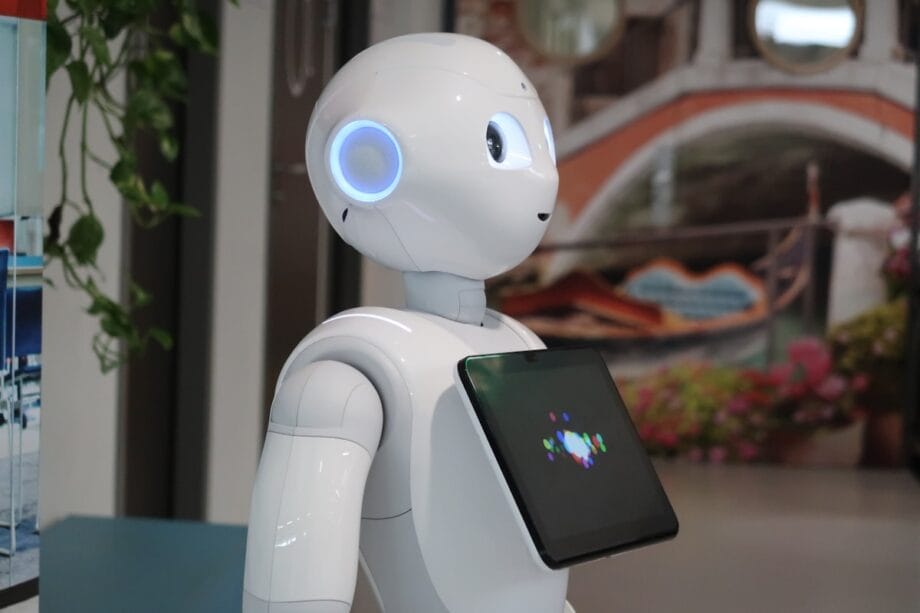Senate Report Raises Alarm Over AI Job Displacement
In an insightful segment on ‘Making Money,’ FOX Business host Charles Payne delves into the transformative impacts of artificial intelligence (AI) and the digital upheaval currently reshaping various industries.
A recent report from the Senate has issued a stark warning: nearly 100 million jobs in the United States could be rendered obsolete due to advancements in artificial intelligence within the next decade.
This revelation has spurred Democratic lawmakers to advocate for a so-called “robot tax”, aimed at penalizing corporations that substitute human labor with technology.
The analysis, crafted by Democratic staffers of the Senate Health, Education, Labor, and Pensions (HELP) Committee, is spearheaded by Senator Bernie Sanders (I-Vt).
Drawing on insights from ChatGPT, this thorough examination assessed 20 pivotal workforce sectors, revealing that over half of the positions in 15 of these sectors may be superseded by AI systems or robotic technologies.
A robot at the research institute ‘Artificial Intelligence (AI)’ prepares pizza at the University of Bremen, Germany.
According to the report, the fast food sector is poised to bear the brunt of this technological transition, with an alarming estimate of 3 million positions—roughly 89% of its workforce—potentially disappearing.
Additional sectors facing significant upheaval comprise customer service, material handling, and executive assistance, all projected to experience automation rates exceeding 80%.
The report urges legislators to address what Sanders has termed “an economic crossroads.”
A robot trading on the stock market demonstrates artificial intelligence capabilities by analyzing financial charts and using algorithms to execute trades.
At the crux of this proposal is the robot tax, which would levy fees on companies for each human employment position replaced by automation.

The revenue generated would be allocated to compensate for diminished payroll taxes and to fund retraining initiatives for affected workers.
Sanders advocates that the robot tax would equitably align corporate success with social responsibility.
Bill Gates, co-founder of Microsoft, has voiced similar sentiments, asserting that businesses profiting from automation should “contribute their fair share” to alleviate economic perturbations.
Senator Bernie Sanders (I-VT), Chairman of the Senate Health, Education, Labor, and Pensions Committee, champions the report’s findings.
The Senate report also delineates a labor framework that advocates for a 32-hour workweek, a federal minimum wage of $17, enhanced overtime safeguards, and equity opportunities for workers in automated sectors.
The authors emphasize that the repercussions of AI advancements are “not predetermined”; rather, they hinge upon policy decisions made at this pivotal moment.
In a recent op-ed for Fox News Digital, Sanders cautioned against the unchecked growth of automation, warning it could lead to a “dehumanized” economy, prioritizing efficiency over human dignity.
“We must strive for a world where individuals lead healthier, more satisfying lives, rather than one governed by machines that amass wealth,” he asserted.
Source link: Foxbusiness.com.






